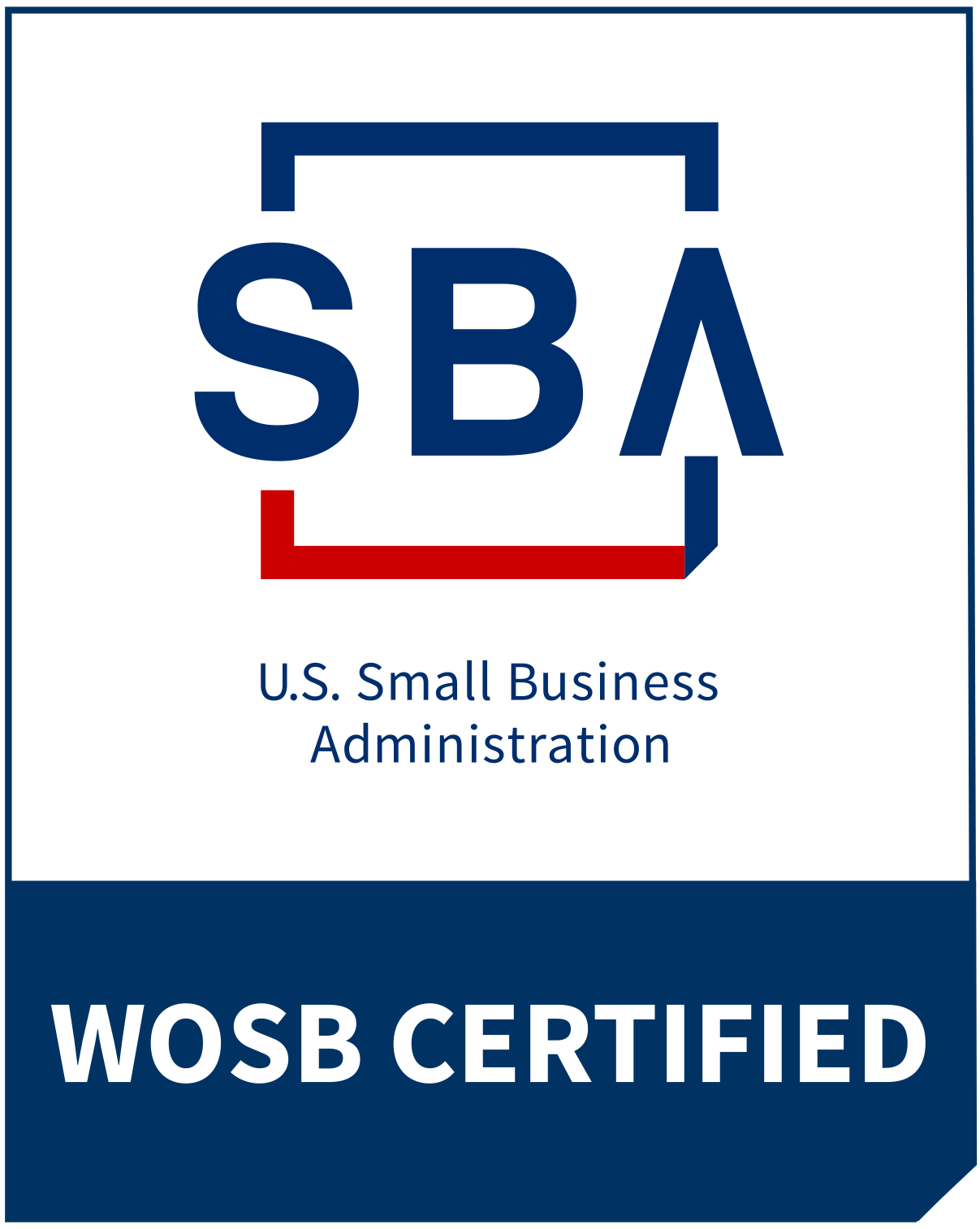
Eric Reis, author of the Lean Startup has taught us that failure is a prerequisite to learning. Common sense in most entrepreneurial circles, right? For most of us, failure occurs in the context of trying something new and seeing what happens. But, Eric reminds us that “the problem with the notion of shipping a product and then seeing what happens is that you are guaranteed to succeed – at seeing what happens. But then what?”
It’s a simple but important lesson–action without a clear understanding of an end goal doesn’t help much–even if you think you’re successful at the action you took. If you’re training to run a marathon, you don’t measure your end success through individual training runs leading up to the race. Everything you do leading up to the race moves you toward being able to ultimately run 26.2 miles. There are varying definitions of success – some just want to complete, others are trying to set personal or world records–but the end is clear…26.2.
If you’re clear on the outcome you’re seeking, you’re more likely to learn from your failed and successful actions along the way. This kind of failure or success is infinitely more valuable because it gives you a basis for understanding why a particular idea/experiment/action succeeded or failed. If the end goal of taking risks is creating value for our organizations, we should have an idea of what success looks like. Experiment toward an end goal you’re trying to achieve and measure the successes and failures toward that end. You’ll maximize your time and resources in the process and will give yourself a greater shot at succeeding.
Photo licensed under Creative Commons 2.0 via Flickr user: cogdogblog


